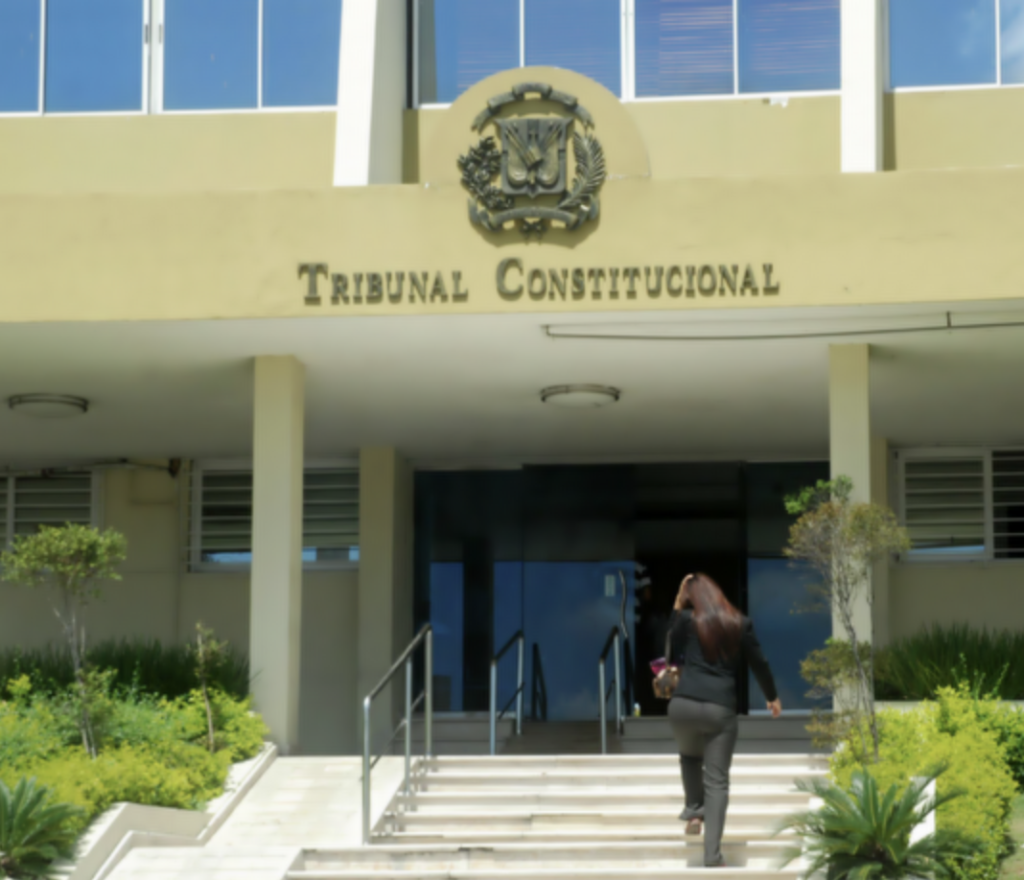
President Luis Abinader created a working table to explain Law 1-24 after the press, civil society, including the Roman Catholic Church, and opposition politicians are now vocal against the dispositions that create a new intelligence system.
Vice President Raquel Peña had said earlier the government would create a committee to review objections to the newly passed Law 1-24 that creates the supra agency, the National Intelligence Agency (DNI), above all other government intelligence departments.
Officials of the DNI will also be meeting with representatives of the Dominican Society of Newspaper Dailies to review their objections to articles in the law that would affect press freedom. The Dominican Newspaper Society (SDD) notes that there is ambiguity between articles 9, 11, and 26, which could affect the freedom of the press.
Law 1-24 was the first to be enacted in 2024. It creates the National Intelligence Agency (DNI). The intelligence-gathering apparatus is allowed by the law to force public and private entities to reveal the content of communications normally perceived as private or confidential.
Of particular distaste in the law is Article 11, which is the one that requires public and private institutions to reveal, upon request by the DNI, any and all information that they might ask for.
The bishop of La Altagracia (Higuey) province, Monsignor Jesus Castro Marte, the executive vice-president of the Institutionalism and Justice Foundation (Finjus), lawyer Servio Tulio Castaños Guzman, and noted jurists Nassef Perdomo and Eduardo Jorge Prats have questioned the new dispositions.
Castaños Guzman of Finjus notes that several articles are open to interpretation. For instance, journalists may find themselves having to reveal their sources and telephone conversations might be intercepted without a judge’s order.
Diario Libre publishes an analysis of the controversial articles of the law, in addition to Art. 11.
The opposition is now critical of the law, with presidential candidates Abel Martinez for the PLD and Leonel Fernandez for the FP calling the law unacceptable.
But opposition legislators for these parties voted in favor of its passing. Diario Libre gives a breakdown of how the majority parties in the Chamber of Deputies voted for the bill:
Modern Revolutionary Party (PRM): 100 legislators. 77 votes in favor, two abstentions, 21 legislators did not attend the session and none voted against.
For the opposition parties that now protest the law, the votes were:
Dominican Liberation Party (PLD): 52 legislators. 28 voted in favor, two against, one abstained, and there were 21 absences.
People’s Force (FP): 18 legislators. 12 voted yes, no one voted no, two abstained and 8 did not attend the session.
In the midst of all the opinions regarding the new law, the Constitutional Court will probably get to study the case and determine whether the law is valid under the Constitution. The government has defended the law, but says it will await what the Constitutional Court has to say.
Read more:
El Dia
Listin Diario
Listin Diario
El Caribe
Diario Libre
Diario Libre
Diario Libre
Diario Libre
Listin Diario
Listin Diario
Listin Diario
Listin Diario
Listin Diario
Noticias SIN
DR1 News
22 January 2024

